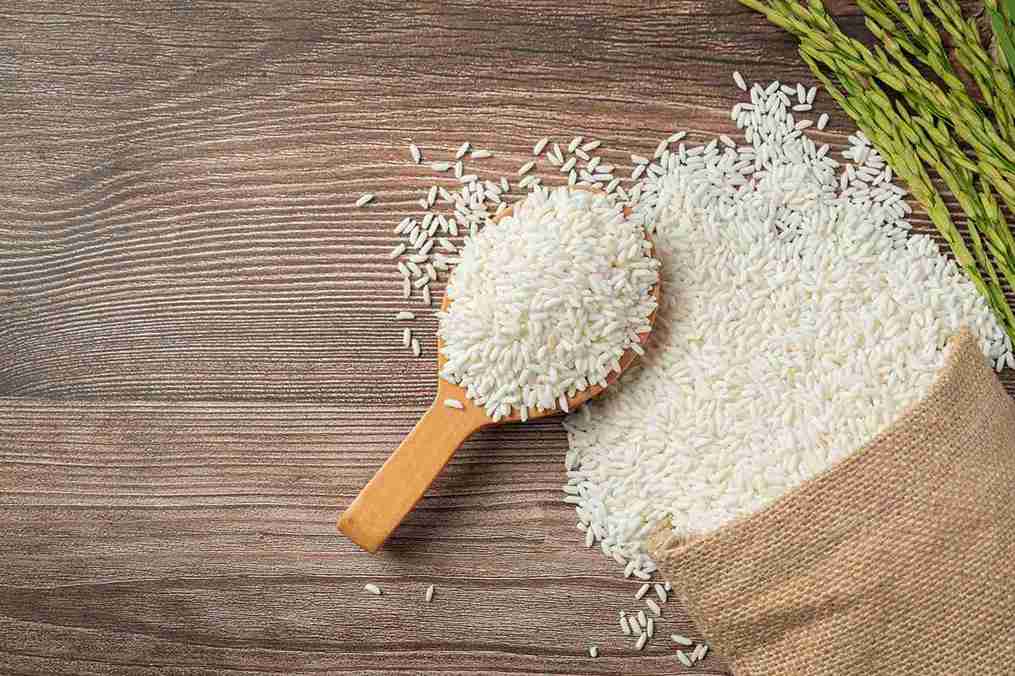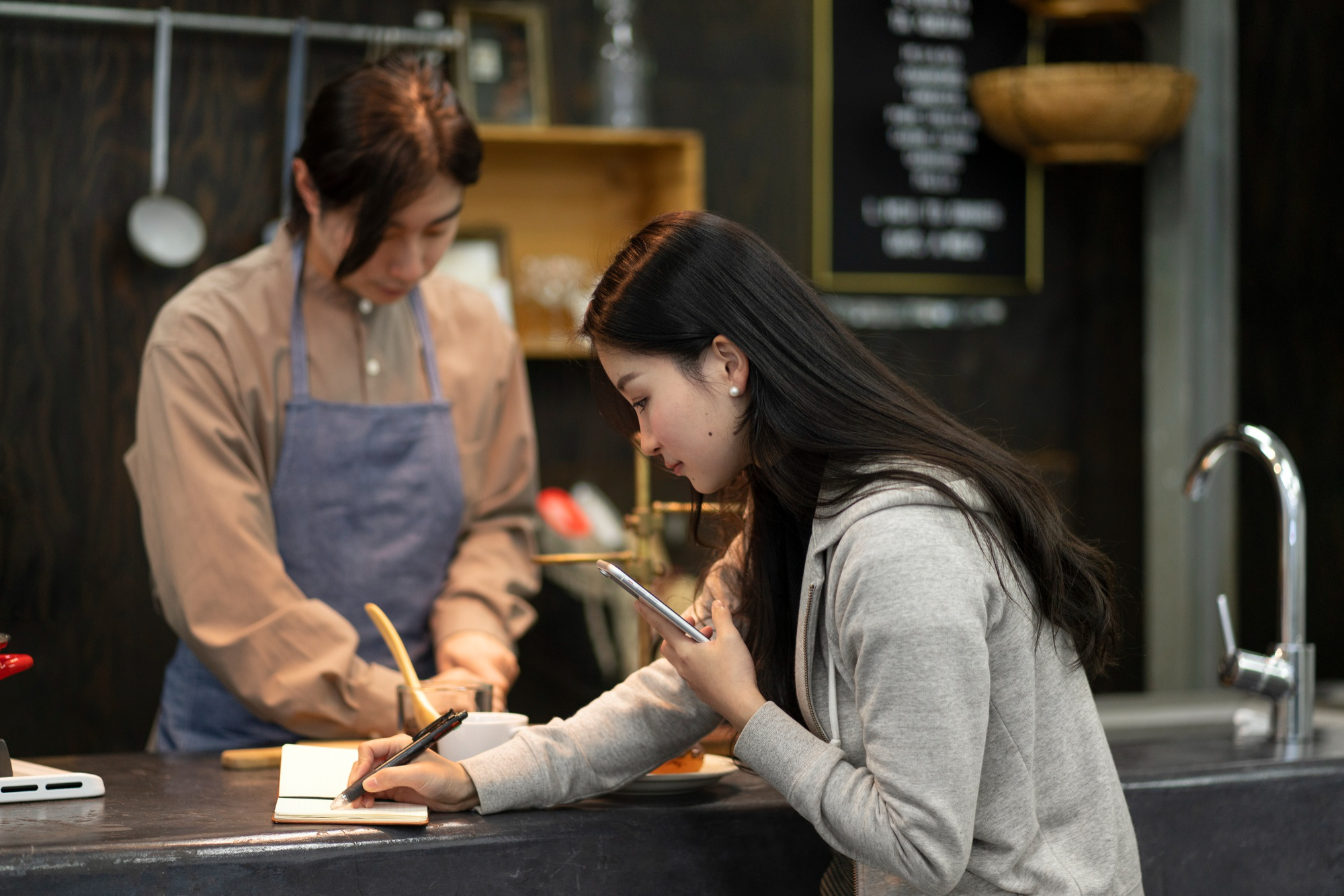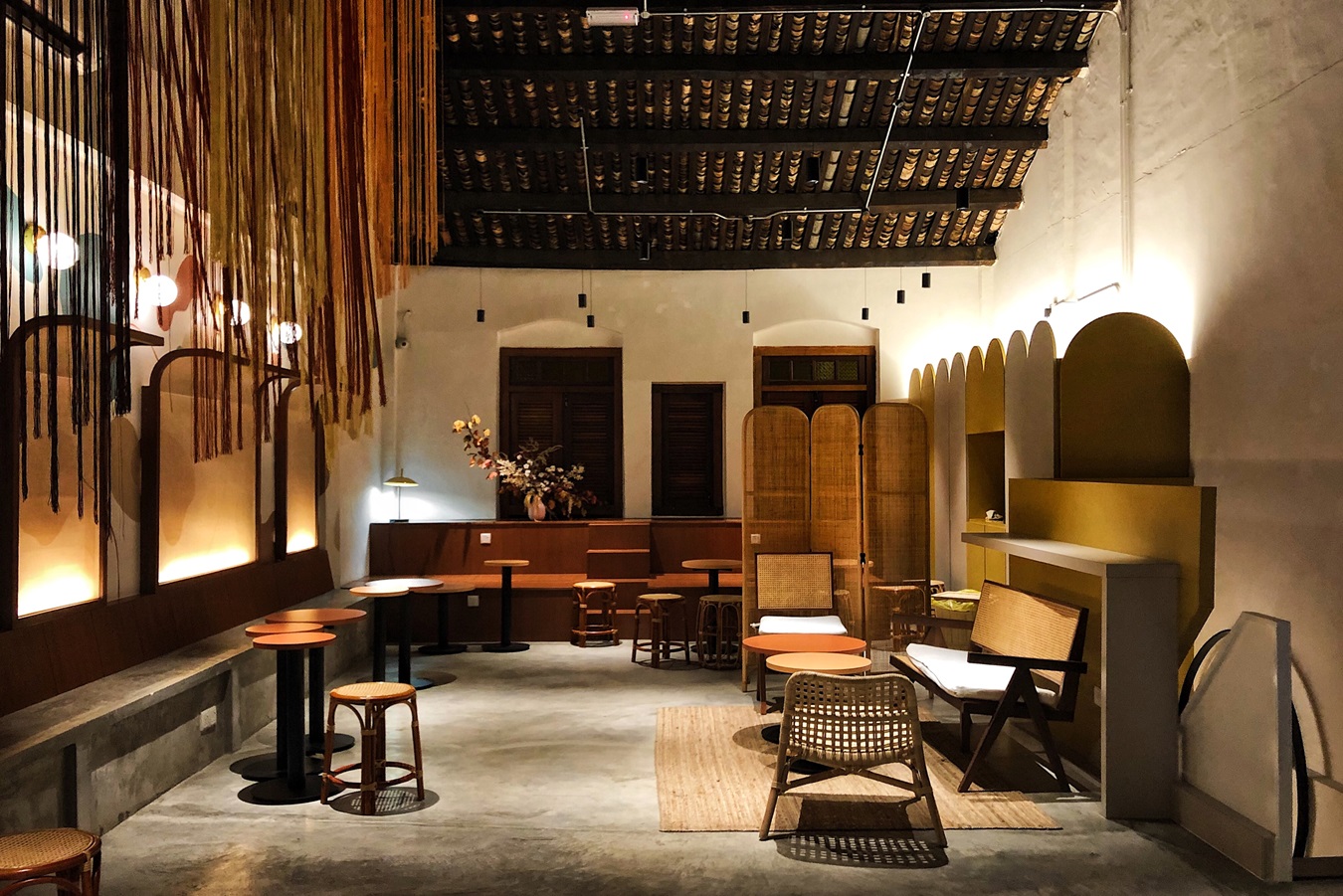 SHARE
SHARE
Official! Premium Rice and Food Ingredients Subject to 12% VAT Starting in 2025. Learn What Premium Rice Is!
Team ESB
Starting January 1, 2025, the government will implement a 12% Value-Added Tax (VAT) rate on various premium goods and services.
This policy targets products and services that were previously exempt from VAT, such as luxury food items and exclusive services.
However, a significant question arises regarding one of the staple food items: premium rice. Will it be subject to VAT? Here’s the explanation.
Is Premium Rice Subject to 12% VAT?
Although premium rice was initially mentioned in the list of goods subject to VAT, the Head of the National Food Agency (Bapanas), Arief Prasetyo Adi, stated that rice, including premium rice, remains exempt from VAT as it is considered a strategic commodity.
“Rice is not subject to VAT at all. No, no, even premium rice is not,” said Arief at the BPPT Building, Central Jakarta, on Wednesday (December 18), as quoted by Detik.com.
However, as of now, the specific criteria for premium rice subject to the 12% VAT remain unclear.
What is Premium Rice?
According to Minister of Agriculture Regulation Number 31 of 2017, rice is classified into two main categories: medium rice and premium rice.
Cited from CNN Indonesia, the criteria for premium rice are defined in detail, including:
1. Minimum Milling Degree of 95%
The level of cleanliness of rice grains from the outer layer, affecting the rice's white color.
2. Maximum Moisture Content of 14%
A critical factor for shelf life and preventing microorganism growth.
3. Minimum Whole Grain Content of 85%
Referring to intact grains after the milling process.
4. Maximum Broken Grain Content of 15%
A low percentage of broken grains indicates high quality.
5. Free from Paddy Grains, Red Grains, and Foreign Objects
The rice must not contain husks, small stones, or other foreign matter.
Differences Between Premium and Medium Rice
Medium rice has lower standards, such as:
- Minimum Whole Grain Content of 75%
- Maximum Broken Grain Content of 25%
- Can Contain Mixtures (Red, Yellow, or Chalky Grains) up to 5%
Read more: Definition of Supplier & Tips for Choosing a Reliable Supplier
List of Other Premium Goods and Services Subject to 12% VAT
In addition to premium rice (whose status is still under discussion), here is a list of goods and services that will certainly be subject to the 12% VAT starting at 2025:
- Premium Fruits
- Premium Meats (e.g., wagyu, kobe beef)
- Premium Fish (e.g., salmon, tuna, etc.)
- Prawns and Crustaceans (e.g., king crabs)
- Premium Education Services (e.g., international schools)
- Premium Healthcare Services (e.g., VIP hospitals)
- Residential Electricity with a Capacity of 3500–6600 VA
Why Are Premium Goods Subject to VAT?
According to the Ministry of Finance, this policy aims to create tax fairness. Previously, VAT incentives were enjoyed by affluent groups using premium goods and services.
With this step, essential goods remain VAT-exempt, while luxury goods and services are taxed. Goods and services that remain VAT-exempt or taxed at 0% include:
- Staple goods such as rice, meat, fish, eggs, vegetables, fresh milk, and consumer sugar.
- Essential services like education, healthcare, public transportation, and labor.
- Other basic needs such as books, vaccines, affordable housing, drinking water, and electricity below 3500 VA.
Impact of the 12% VAT Hike on Culinary Businesses
From a business perspective, this policy will increase the tax burden. This may affect productivity and the smooth running of culinary ventures.
Additionally, higher VAT rates on premium food ingredients could reduce consumer spending as food prices rise.
Since household consumption is a key driver of economic growth (GDP), a decrease in consumption could slow the national economy.
For culinary business owners, price adjustment strategies and operational efficiency are essential to remain competitive amid this new policy.
Read more: 6 Alternative Strategies to Deal with the 12% VAT Increase for Culinary Businesses
Conclusion
The 12% VAT policy for premium goods and services takes effect on January 1, 2025, impacting operational costs and consumer spending.
Culinary business owners must prepare strategies to stay competitive, including efficient management of raw materials.
Use ESB Goods to support your culinary and restaurant business! With a seamless process from purchasing to payment directly connected to suppliers, low platform fees, trusted suppliers, and automated payment options, optimize efficiency now and stay ahead in the market!
 SHARE
SHARE





